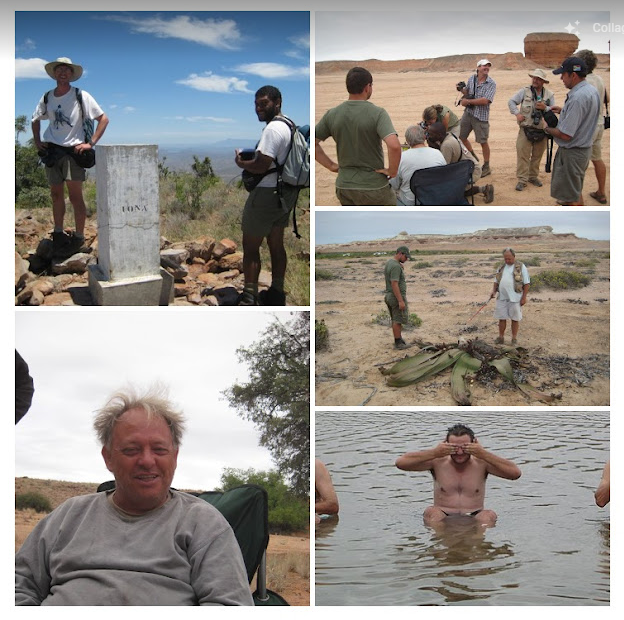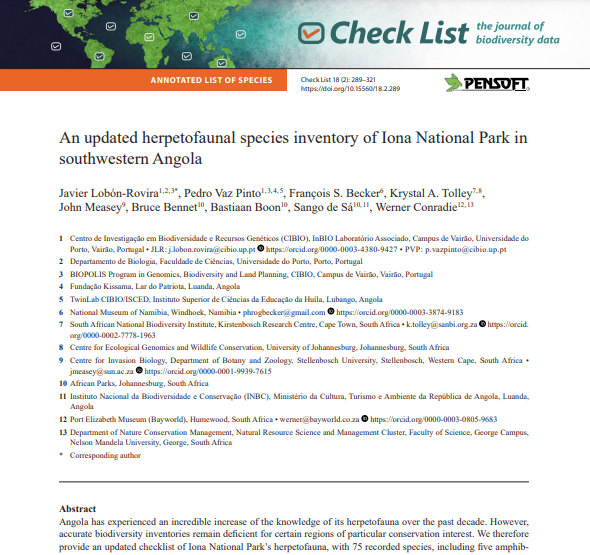Interview with Daniel Shea from Scholarly Communication
Daniel contacted me some time back about doing an interview for his podcast on Scholarly Communication. I had a listen to excerpts of some of his previous interviews and wrote back with enthusiasm. I had a copy of How to Write a PhD in Biological Sciences delivered to Daniel and we set a date for the interview. I had spent some time working on the next book (How to Publish in Biological Sciences) and so did a quick recap of the contents of How to Write a PhD in Biological Sciences in the morning before the interview. Nevertheless, I was not feeling particularly well prepared when we started talking. Daniel explained that he would give a prepared introduction, and after this would launch into the interview.
It was quite a shock when Daniel gave a very lengthy introduction including reading a quote from the book. What struck me most was that he had actually read the book - apparently from cover to cover (not something that I'd advise for anyone wanting to use it!). His insights were eye opening. He had picked up on exactly why I wrote the book and that it is likely to be of use to people beyond only those writing PhDs in Biological Sciences. Moreover, Daniel had me thinking very hard on my feet about exactly why it is that we have built up a system with so much assumed knowledge.
I should qualify the statement on assumed knowledge by adding that this may not be the case for all students (PhD, MSc or others). There are certainly some students who are well informed, and have all the knowledge on the system that they are working within prior to starting their PhDs. It's hard to know exactly where this came from and whether it was in the form of curricula based activities or that they had benefited from exceptionally good contacts. Evidently, the book is not needed by all students, but my experience, both as an uninitiated student and as an advisor, suggests that a great many would gain some benefit from the contents.
I was also very happy that Daniel was enthusiastic for the Bookdown approach. I may not have given a particularly useful explanation of what Bookdown is or why it's so great, but I would encourage you to go look at a product: http://howtowriteaphd.org/
To listen to Daniel Shea's interview with me, visit: https://newbooksnetwork.com/how-to-write-a-phd-in-biological-sciences



